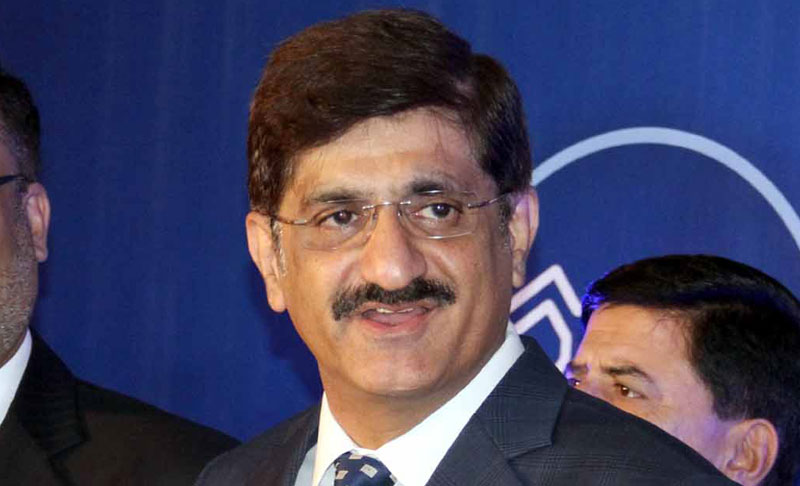 The Sindh government is determined to curtail the spread of coronavirus in the province, and is fighting the prevailing situation, as almost 730 positive cases have been reported from different parts of the country.
The Sindh government is determined to curtail the spread of coronavirus in the province, and is fighting the prevailing situation, as almost 730 positive cases have been reported from different parts of the country.
However, lack of medical protective equipment could sabotage the govt’s ongoing efforts and measures taken against the virus. Sources say that there is a shortage of medical protective equipment in Sindh despite having a large population.
Chief Minister Syed Murad Ali Shah said that Sindh faces a shortage of personal protective equipment (PPE) and coronavirus testing kits. The testing kits provided by the provincial disaster management authority (PDMA) had “accuracy issues”, which was why Sindh had opted not to use them. He added that the medical professionals working at the isolation centres and hospitals had to wear PPEs to avoid the risk of infection.
Chief Minister Murad Ali Shah requested Prime Minister Imran Khan on Friday during a meeting he participated in via video link that provide additional PPEs and testing kits as “the PPEs available with the provincial government were running out”. Furthermore, Shah said that experts working with provincial government had pointed out they had some accuracy issues with the kits which were sent to province and, therefore, they were not being used. PM Imran then directed PDMA to coordinate with the Sindh government to resolve this issue, he added.
CM also expresses concern over rapidly growing cases of Coronavirus as 783 coronavirus cases, 151 were in Hyderabad, 273 in Sukkur, seven in Larkana, six in Shaheed Benazirabad, two in Ghotki, and one each in Jacobabad and Dadu. The number of local transmissions has reached to 438. Furthermore, 297 people were in self-isolation, 65 patients – including 25 pilgrims – had recovered, and 11 succumbed to the virus infection.
With regard to thalassemia patients, Shah told the provincial health department to issue necessary instructions to the regional blood banks and centres to provide blood for them. “I am worried about the patients, particularly the children,” he said, adding that they must be administered required blood as per schedule. In this regard Dr Pechuho assured the CM that she was issuing directives to the regional blood banks and centres to provide blood for the thalassemia patients.
On the other hand, Pakistan’s government and private hospitals have a very small number of ventilators, which will be too deficient if there is a significant surge of new cases of coronavirus. This situation is a huge stress even on the health systems of developed and resource-rich countries is varied in Pakistan with picture varying from province to province. Ventilators are generally a temporary bridge to recovery of patients in critical care, who need them to get better. These machines can be crucial to sustaining life in certain emergency situations. If there is a surge in seriously ill patients as COVID-19 spreads, ventilators could be in short supply from hospital to hospital or nationally.
The chief minister directed all district hospitals to provide their extra ventilators and other equipment to tertiary care facilities so that critical coronavirus patients could be shifted and treated there. He also issued directives to all the district health officers (DHOs) to send their extra ventilators and other equipment to tertiary care hospitals. Shah inquired all deputy commissioners, DHOs, and elected representatives about the isolation centers and facilities in their respective districts, urging them to ensure proper lockdowns.